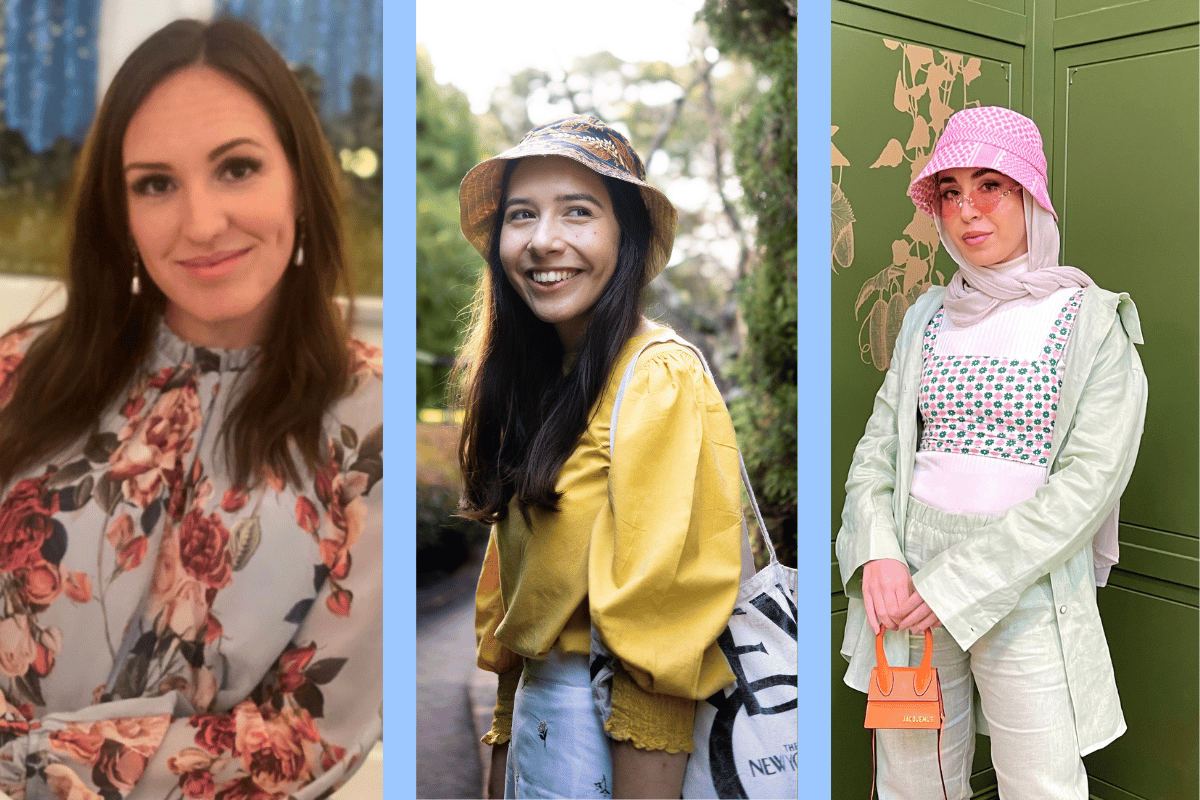
Every year, Muslims wait in anticipation for Ramadan, the ninth and most sacred month on the Islamic calendar.
Currently, about a quarter of the world identify as Muslims, and majority of them will refrain from food and yes, even water, from sunrise to sunset for 29 to 30 days.
However, while Ramadan is usually associated with fasting, the month isn’t just about abstinence.
Yes, it’s a huge part of the religious occasion, but it’s also about giving, sacrificing and practising discipline in all areas of life.
Watch Mamamia's guide to Muslim Veils. Post continues after video.
Ramadan is a month of intense religious devotion, and along with fasting, Muslims spend time reflecting on their actions, helping the less fortunate, committing their time to worship, meeting friends and family and of course, feasting.
Living in Australia, it can be easy to forget that your colleagues, friends, neighbours and maybe even family members are observing the month of Ramadan, so it’s important to stay educated.
We spoke to three Muslim women from different backgrounds and asked them to describe an average day during Ramadan.

Top Comments